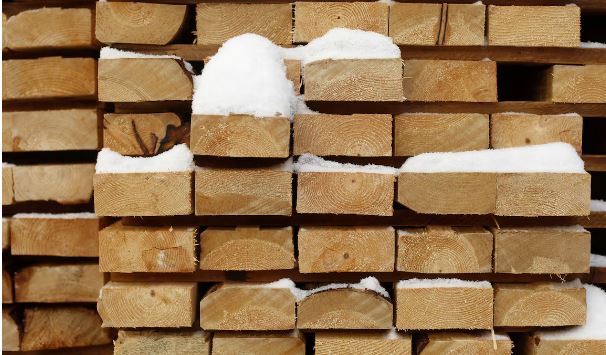
Global governments are racing the clock to shore up trade
agreements ahead of Donald Trump’s reciprocal tariffs,
introduced on April 8 but stalled for 90 days, which are due to
take effect next week (July 9). “We have countries that are
negotiating in good faith, but they should be aware that if we
can’t get across the line because they are being recalcitrant,
then we could spring back to the April 2 levels,” Treasury
Secretary Scott Bessent told Bloomberg Television yesterday.
And whilst lumber – as well as copper and critical minerals –
are not tied up in these tariffs (and will instead be subject to
a National Security probe), Canada lumber traders are concerned
that a decision to more than double duties on more than 12
billion board feet of softwood lumber shipped into the United
States every year from later this month could be disastrous for
companies and communities on both sides of the border.
“This really could be a huge impact specifically to Northwestern
and Northern Ontario,” according to Rick Dumas, the Mayor of
Marathon – a small town in northwestern Ontario, Canada, “but
for that matter, all of Canada in regards to the lumber sector.”
Dumas, who is also the President of the Northwestern Ontario
Municipal Association (NOMA), is concerned that a decision by
the US Department of Commerce to impose a countervailing and
anti-dumping rate of more than 34.45% on all lumber imported
from Canada to the United States, up from 14.5%, may have
adverse effects. And with the tariffs days away from taking
effect, Dumas has called on all levels of government to act with
urgency—to help resolve a dispute that has its origins back in
the late 1700s.
“We just got to continue to make sure that we’re lobbying on
behalf of our communities and bring the voice of the North,
specifically the Northwest, so the government understands
clearly that this will have devastating impacts if we continue
to see these tariffs applied,” he said. “Let’s get the deal on
the table for the end of July. NOMA is always there in support
of the communities it represents. We’re hopefully all speaking
with one voice, making sure we protect our local economies.”
Source:
snnewswatch.com